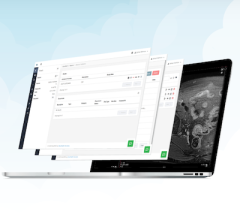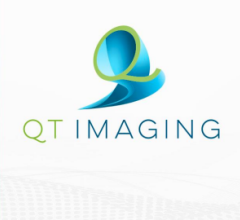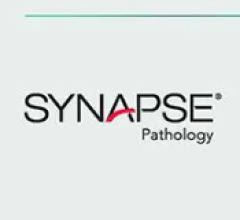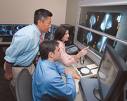
The recent OTech Webcast on career opportunities in PACS and healthcare IT drew not only hundreds of attendees but also a very animated discussion from the audience, addressing the technical and clinical backgrounds of PACS administrators, the value of experience and new opportunities in clinics and smaller institutions. Audience questions included:
Would taking any PACS courses help with my potential career if I have no PACS experience?
OTech : There are quite a few professions that are more volatile with regard to job opportunities than the healthcare field. Anything that is related to high tech and/or the telecom field has proven to have more ups and downs and created less job security in the past 10-20 years. Therefore, several professionals are looking to crossover to a healthcare IT-related field. This area is more stable, knowing that there are many institutions still looking to install their first PACS, and that there is a lot of political pressure to implement electronic healthcare records. The latter would also include access to images and related information, something that is not easy to implement knowing the somewhat complex nature of standard communication and data format protocols such as DICOM.
We have had several professionals that came from a nonhealthcare-related field taking our PACS courses and most of them were able to land a job eventually in the healthcare field. The state workforce commission in some cases is even willing to pay the tuition, especially if it concerns people who are currently unemployed. It is not easy to make a lateral move; however, I would look at small clinics and the smaller institutions. Those organizations are in the process of implementing healthcare IT, especially PACS, and are in need of PACS SAs. Although they are probably not likely to pay as much as a larger institution, it is a great way to get into this field.
Taking PACS courses certainly does not hurt and in many cases would allow you to get into this field, especially when competing with other candidates for a particular job.
If a PACS professional has more than eight years of experience, does a certification really increase his or her chances of landing a new job?
OTech: At a certain point in your career, experience becomes more important than certification. If you have eight years of experience, I doubt that it would make that much difference. However, certification is not just about a piece of paper. Remember that no two jobs in this field are alike. That means that you might not have had that much to do with networking for example, or have never had to map HL7 into DICOM fields to get your Modality worklist up and running. Certification establishes a baseline of knowledge that is rather broad based and requires one to study many different aspects of the job, even those that one does not get to practice on a regular basis. So, the answer is that no, it won’t probably make a difference, but regardless, it is a good investment for your own and employer’s benefit.
Are the majority of PACS Administrators clinical or technical? And are the IT admins making more money than the clinical admins?
OTech: At one of our previous conferences we polled the audience and found that there are actually more PACS SAs with an IT background than with a clinical background. However, I see a trend in that because of the high demand; increasingly the radiological technologists are getting this job function, especially those who are already working with computers, such as CT/MR and NM techs.
The IT world is generally somewhat better paid than the healthcare professions; however, the increases for PACS SA’s have been significant. According to a recent salary survey, the average salary increased from $67,500 to $71,000 this past year, indicating that it is a rather competitive market. Because the field is so young, it is actually very rare to find a SA with five or more years experience, and those with that much experience have often moved on to a higher position in management and/or with a vendor. Therefore, I would not say that people with an IT background make more. As a matter of fact, I met a NM certified technologist who has a masters degree and with overtime made more as a technologist than as a PACS administrator.
In your opinion, would you say there is a difference between a PACS Application Specialist vs. a PACS Administrator? My institution seems to think there is a difference.
OTech: In general, the term application specialist is typically used to identify a person who is involved with the clinical aspects of the PACS support. They might be responsible for training, setting up hanging protocols with the radiologists, deal with the techs if there are any problems, etc. These are also the people who often look after image quality issues and monitor image rejects as well as the potential dose “creep,” which is caused by slowly but gradually increasing the dose to the patients while using CR or DR. They also might be heavily involved with the workflow analysis and creating the policies and procedures that need to be documented when using a PACS. The PACS administrator is typically more focused on the IT aspects and support as well as back-ups and so on. He or she might be more involved with reconciling the studies that are broken due to technical issues rather than those who have some clinical issues. Therefore the answer is, yes there is generally a difference.
When you are interested in career opportunities and discussion about these different tracks, I suggest you check the OTech Web site for the next Webcast in this series.

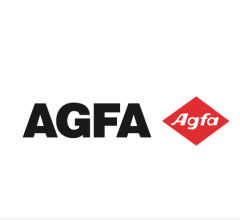
 February 20, 2026
February 20, 2026 
